Medical engineering for Space and Earth
Contact: daniol@agh.edu.pl
Universities involved:
- AGH University of Science and Technology
- Luleå University of Technology
- Université Paul Sabatier Toulouse III (UT3) – University of Toulouse
- Heinrich Heine University Düsseldorf
Profile and prerequisites:
- Bachelor’s (year 3) or Master’s level.
- Technological background: students with scientific (particularly computer science, electronics or material engineering) and/or medical profiles (students will need interest and some previous experience in physics and instrumentation) and students with business-oriented professional projects (students will also need interest and experience in the relevant technological areas, as earlier description) will be considered to join the course.
- English level B2.
Teaching modalities: TBC
Student mobility: Not required.
Assessment modalities:
- TBC
This course is open to students from the seven universities and can be followed entirely online, with no requirement for physical mobility.
how to apply
Send your CV and a letter of motivation to daniol@agh.edu.pl (An interview may be requested if deemed necessary.)
Description:
This course provides a comprehensive overview of medical technologies used in space missions. Students will explore both existing and future-oriented technologies critical to supporting human health in long-duration spaceflight. Through theoretical content and practical scenarios, the course emphasizes the interdisciplinary nature of space healthcare, bridging medicine, engineering, and data sciences. Participants will engage in scenario-based learning, team projects, and conceptual design tasks for space healthcare systems.
Lecturers:
- Mateusz Danioł
- Florent Destruhaut
- Safouane Hamdi
- Josef Kozak
- Agneta Larsson
- Jessica Ljungberg
- Pia Elbe
- Anne Pavy-Le Traon
- Laure Boyer
Objectives: Explore how medical technology enables safe long-term space missions through engineering and innovation
Course Learning Outcomes:
- Understand and apply different transdisciplinary approaches for medical technology design for space applications
- Recognizes the different sensors and medical technologies for human health monitoring (stress monitoring cases)
- Understand space-related environmental factors affecting medical devices in space
- Forms a constructive approach to the health-related issues and risks occuring in a given manned space mission (use cases presented in the courses)
- Understands the limitations of cyber-human interfaces, data collection caveats and methodology, data processing for AI powered applications
- Integrate the transdisciplinary knowledge (basics of physiology and psychology, technical knowledge of sensing technologies and data processing) to form a general design of personalized health system for manned space missions
- Prototype the ideas in the area of personalized space medicine for data collection and use in AI based applications - Prototyping, IP protection, GDPR.
